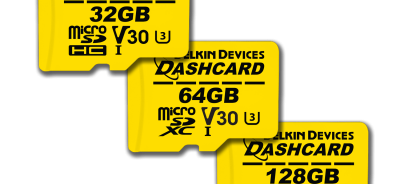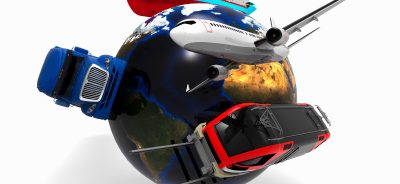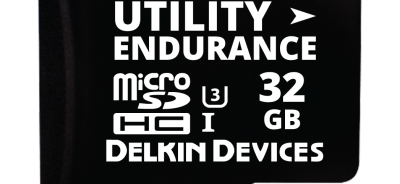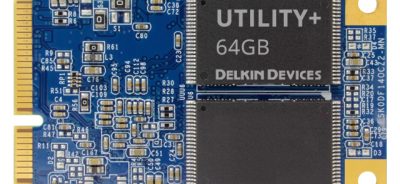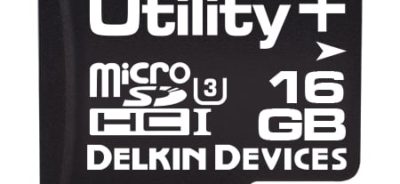Automotive Grade SSD: Combining Reliability with Rugged Performance
Gone are the days when cars were comprised solely of mechanical systems. Today, the automotive industry relies on computerized technologies to make things run. In auto repair shops and on auto assembly lines, you’re more likely to find people checking for error codes than broken spark plugs. This new reliance on technology in the automotive industry has resulted in an increasing demand for reliable, embedded memory systems that can withstand the rugged operating conditions found in vehicles. For many manufacturers, this means relying on SSDs. Here is what you need to know about automotive grade SSD technology.
SSDs give automotive manufacturers benefits over other kinds of drives.
SSDs, or solid state drives, have features that make them better suited to use in vehicles than other kinds of drives, like hard disk drives (HDDs). They offer low power consumption, which is essential to maintaining optimum vehicle performance. In addition, SSDs do not have any moving parts. This means that they are less prone to failure, particularly in vehicles, where shock and vibration are common.
HDDs, on the other hand, consist of a disk that has to start spinning for read and write operations. This makes these kinds of drives slow. It also makes them vulnerable to failures if they are jostled. Using SSDs gives the automotive industry the ability to dramatically increase the technological capabilities of vehicles without concerns about unexpected failures.
Automotive SSDs have extended temperature ranges.
Another critical feature of SSDs for the automotive industry is extended temperature ranges. Naturally, the inner workings of a vehicle can generate extreme temperatures. Automotive grade SSDs can tolerate temperature ranges of -40 degrees C to 85 degrees C without compromising functionality.
Other types of memory are vulnerable to extreme temperatures and temperature fluctuations. In these cases, exposure to extended temperature ranges could translate into a loss of data or other kinds of malfunctions that impact vehicle performance.
There are many systems that require an automotive grade SSD.
Most new automobiles today have multiple systems that need the flash memory solution that SSDs offer. Navigation and in-vehicle infotainment systems rely on flash memory to operate and are ubiquitous in modern vehicles across grades and price points. Any vehicle that has image recognition, object detection, or other technologies designed to support driver operation will also need an automotive grade SSD.
A particularly important feature of automotive SSDs is the ability to record event data. This information allows mechanics to pull up error codes that have occurred in the system to pinpoint problems with vehicle performance. This even allows mechanics to spot problems in vehicles before they become dangerous or require extensive repairs.
Delkin offers high-performance SSDs and a variety of other embedded, flash memory options specifically designed for rugged operating conditions. We also offer an extensive range of customizations. In addition, all of our SSDs come with lifecycle management and a locked BOM. This ensures that users can feel confident that the critical components that make up their drive won’t be changed without advanced notice. The Delkin product team is here to help you make the right decisions about industrial flash memory. Contact us today to find out more about our automotive grade SSDs.
ORDER DELKIN INDUSTRIAL FLASH STORAGE TODAY through our distribution partner Newark.
For Europe Contact Our Partner Farnell
 Login
Login Register
Register



